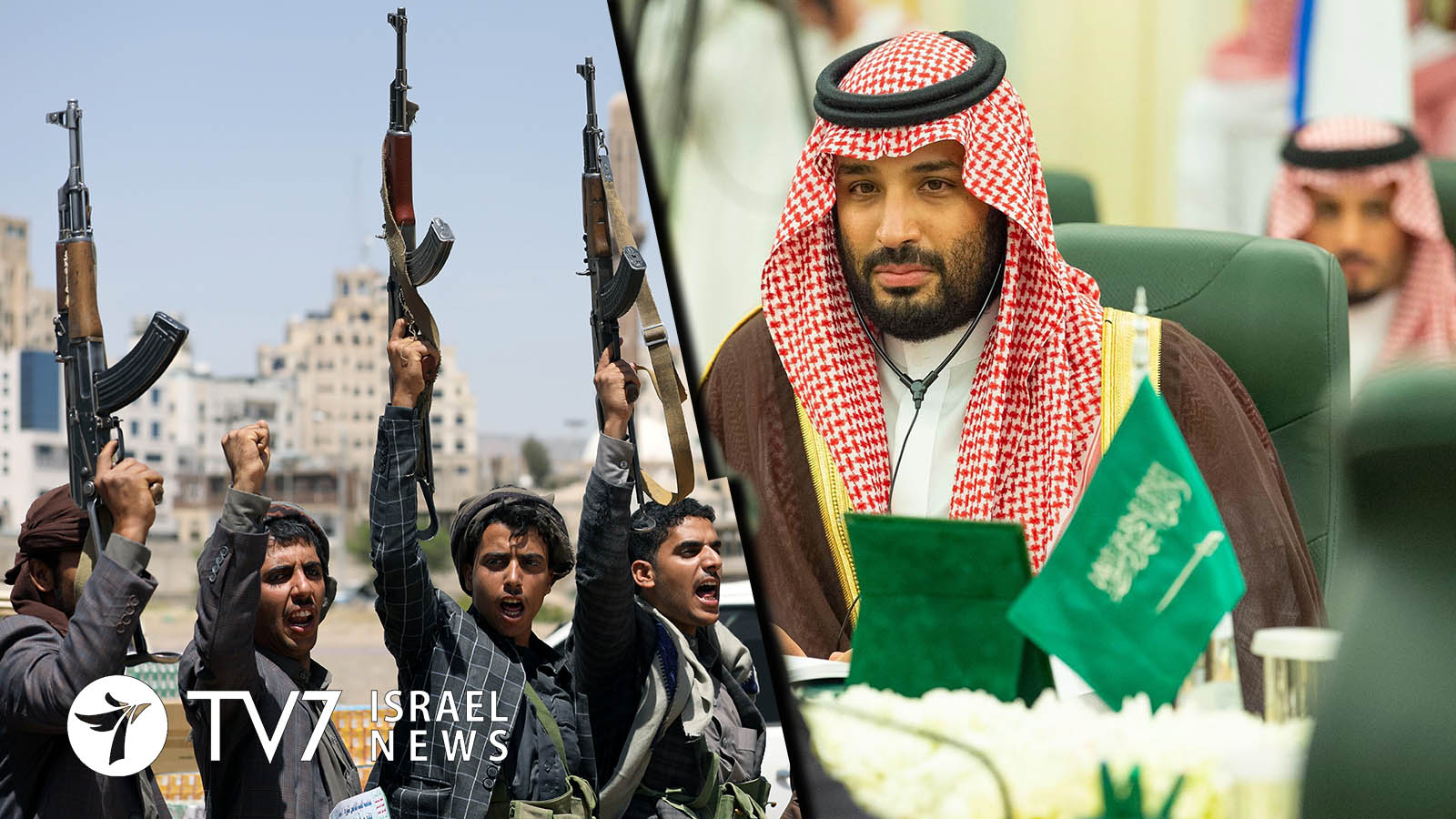Yemen’s Iran-aligned Houthi group says it launched 2 more attacks on southern Saudi airfields or bases, marking the 9th consecutive day of such assaults.
On Monday, Houthi military spokesman Yahya Sare’e announced on Twitter that drone attacks halted operations at Saudi Arabia’s Abha and Jeddah airports for 2 hours.
The Saudi-led coalition fighting the Houthis in Yemen said early on Monday morning that an explosive-laden drone fired by the Houthis had been intercepted and destroyed but did not confirm disruption of airport activity.
A spokesman for the coalition said it intercepted two other explosives-laden unmanned aerial vehicles (UAV) fired by the Houthis towards civilian targets in Khamis Mushait in southern Saudi Arabia close to Abha on Sunday afternoon, in an attack the Houthis maintain hit the airport.
A military spokesman for the Iran-aligned Houthi group said two drones launched on Sunday afternoon by its forces had struck Saudi Arabia’s Abha airport.
In addition, the movement’s Al Masirah TV announced an “important target” at Abha was hit on Saturday in response to the Saudi-led coalition air strikes in Yemen, while the coalition again claimed a drone targeting the airport had been downed.
Riyadh did acknowledge that an attack last Wednesday caused a fire in a civilian aircraft at Abha airport.
The coalition intervened in Yemen in 2015, backing government forces fighting the Houthis who control the capital and most populous areas. The conflict is largely viewed as a proxy regional war between Saudi Arabia and Iran. Riyadh accuses Tehran of supplying arms and training to the Houthis, a charge denied by the group and Tehran.
The official name of the Houthi forces is “Ansar Allah,” meaning “Allah’s Supporters” in Arabic. The armed Islamist political movement formed in northern Yemen during the 1990s. Both they and Iran are followers of Shi’ite Islam, as is Tehran’s other proxy militia, the Hezbollah terror group. The Houthis slogan since 2003 has been “Allah is great, death to the US, death to Israel, curse the Jews, and victory for Islam.”
In May 2018, the administration of United States President Donald Trump imposed sanctions and designated Iran’s Islamic Revolutionary Guards Corps as a terrorist organization for providing support to the Houthis, including assistance in producing ballistic missiles for attacks on Saudi cities and oil fields.
Washington also designated the Houthis and 3 of its leaders as terrorists on 11 January 2021, in a move set to take effect 19 January 2021 – just one day before Joe Biden was sworn in as the new US President.
The United Nations, which has been working to revive peace talks to end the war, was concerned the US terrorist designation would further worsen what it has deemed to be the world’s largest humanitarian crisis in Yemen.
The Biden administration has said it would halt support for the Saudi-backed military campaign but would continue to pressure the Houthis, who currently control northern Yemen after ousting the Saudi-backed government from power in the capital, Sanaa.
After condemning the 10 February Houthi attack on Abha, US Secretary of State Antony Blinken held a phone call with his Saudi counterpart to discuss joint efforts towards bolstering Saudi defenses and diplomacy to end the Yemen conflict.
Secretary Blinken’s later declaration that the US would lift the terrorist group designation from the Houthis as of today, 16 February, evoked outcry in Saudi Arabia.
The Kingdom’s Permanent Representative to the UN, Abdullah Al-Muallami, told Saudi-owned Asharq Al-Awsat newspaper that despite Washington’s decision, Riyadh “will still deal with the Houthi militia as a terrorist organization and address its threats with military action.”
Several Saudi commentators at state-controlled media agencies also had harsh words of criticism for the US move, insisting it would emolden the Houthis to launch further attacks.
Columnist Fahim al-Hamid wrote in the Okaz newspaper called the decision a “gift” to the Houthis and Iran, that “sends the wrong signals.” His colleague at the same paper, Hamoud Abu Talib, argued that “A clear contradiction exists between the new administration’s claim to support the kingdom’s security and its soft approach with the Houthis.”
Al Jazirah journalist Mohammed Al Al-Sheikh branded revocation of the Houthis status as terrorists to be a “terrible mistake,” and called on Biden to instead build on his predecessor’s “maximum pressure” campaign on Iran.
Saudi Arabia supported the Trump administration’s withdrawal from the 2015 Joint Comprehensive Plan of Action nuclear deal with Iran, followed by Washington’s re-imposition of harsh economic sanctions on Tehran.
